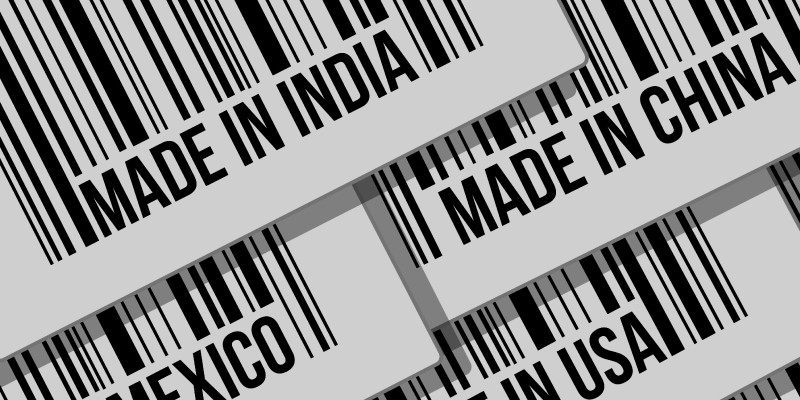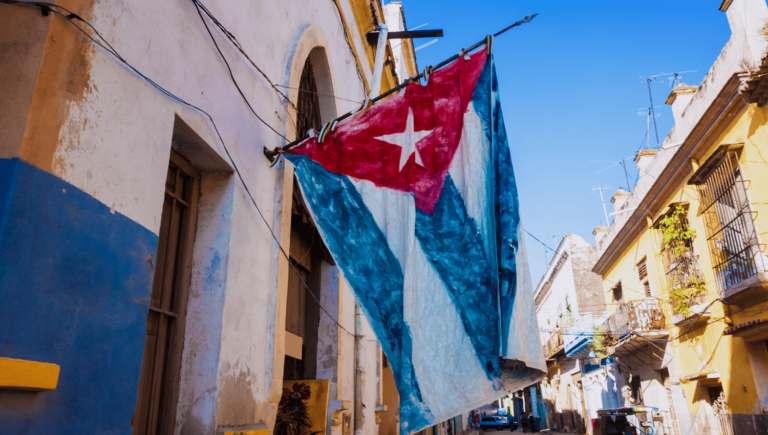Chaucer Accessories Faces FTC Settlement Over Deceptive “Made in USA” Claims
When it comes to making claims about your products, it’s crucial to base them on facts, not boastful rumors. Nowhere is this more important than when claiming that your products are “Made in USA.” That’s a lesson that Chaucer Accessories, a Massachusetts- and New Hampshire-based company, has recently learned the hard way.
The Federal Trade Commission (FTC) has announced a proposed settlement with Chaucer Accessories, its affiliated entities, and the company president for allegedly making deceptive “Made in USA” representations. The case serves as a reminder of the care that advertisers must take when making qualified “Made in USA” claims.
Chaucer Accessories, along with Bates Accessories and Bates Retail Group, sells belts, bags, wallets, and shoes directly to consumers, through major product platforms, and to third-party trade customers who resell the products under their own private-label brands. The companies’ websites prominently displayed banners on every page claiming that their products were “Made in USA” or “Hand Crafted in the USA.” However, according to the FTC, many of their shoes, belts, and other items were either wholly imported or contained significant imported components. Furthermore, the complaint alleges that the companies made similar misleading “Made in USA” statements to their third-party trade customers and provided them with labels and promotional materials featuring deceptive U.S.-origin claims.
The FTC also found that the companies imported belt straps from Taiwan, attached buckles in the United States, and labeled the finished products as “Made in USA from Global Materials.” However, the complaint reveals that these belts did not meet the criteria for a “Made in USA from Global Materials” claim because attaching a buckle to a strap is a minimal assembly operation that does not fundamentally change the imported belt strap.
The FTC’s complaint includes three counts, charging the respondents with making false or misleading “Made in USA” claims, making false or misleading “Made in USA from Global Materials” claims, and providing the means for their trade customers to engage in deceptive acts or practices. The proposed settlement calls for a monetary judgment of $191,481 and requires the respondents to directly inform specific customers about the FTC’s action.
Moving forward, the companies and the company president will be prohibited from making unqualified “Made in USA” claims for any product unless they can prove that the final assembly or processing, along with all significant processing, takes place in the United States and that all or nearly all of the ingredients or components are made and sourced domestically. If they choose to make qualified claims, they must include a clear and conspicuous disclosure regarding the extent to which the product contains foreign parts, components, or processing. For assembly claims, they must ensure that the product undergoes substantial transformation in the United States, with principal assembly operations occurring here. After the proposed settlement is published in the Federal Register, the FTC will accept public comments for a period of 30 days.
The key takeaway for other companies is that U.S. origin claims hold significant importance for many consumers. It’s crucial not to risk facing backlash from customers if they discover that a company’s “Made in USA” claims, whether qualified or unqualified, are deceptive in nature. Ensuring accuracy and transparency in advertising claims is key to maintaining consumer trust and avoiding legal complications.
Source: https://www.ftc.gov/business-guidance/blog/2023/06/olde-english-or-modern-made-usa-means-made-usa

Country of Origin Course
Specialty Course: This course will help you understand substantial transformation, the rules of origin for determining the Country of Origin, how to document your work, and so much more.






![Where Fireworks Are From In the US [Infographic]](https://globaltrainingcenter.com/wp-content/uploads/fireworks-924970_1920-768x547.jpg)

